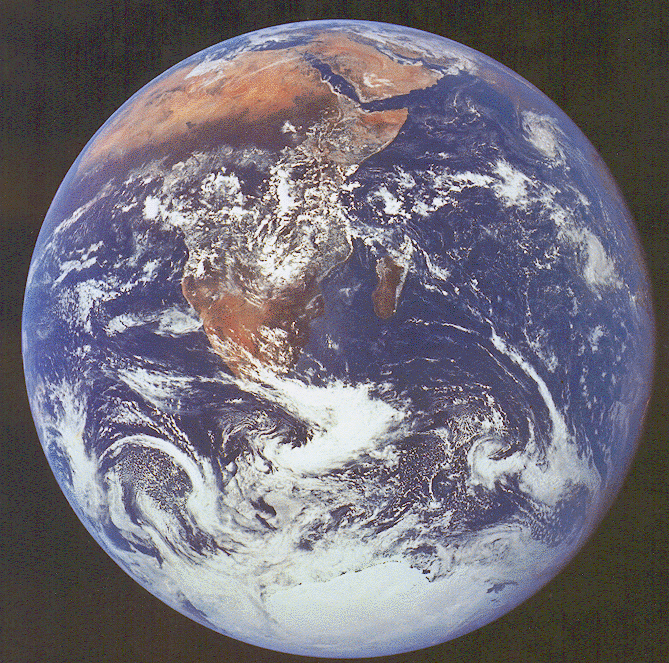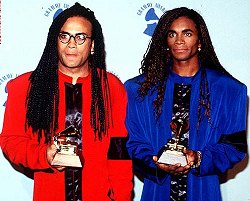the vision thing
I have new glasses!
My contact lenses are on back order, or so said the receptionist at Eye Health Services when I talked to her yesterday and convinced her that I needed to see my doctor to get a prescription for glasses so I could function in the world without squinting. On the way to her office, I called a friend who works at LenCrafters’ Optique and asked if they could make the lenses this afternoon. I got to the doctor’s office at 2:15 and had glasses by 5:30.
It’s a Christmas miracle! What do you think?
My eight days of blurriness left me with a question for my doctor. When I wear contacts, I have to have reading glasses to see up close. Without my contacts or my glasses, I couldn’t see far off (if by far off I mean anything beyond four feet away), yet I could read up close. Before I finished my question, she was nodding.
“It’s one of the conundrums in eye care,” she said. (Extra points for word choice.) I won’t continue with quotation marks, because my recollection is not exact, but here is what she said. For near sighted people like me, our eyes are only able to focus close up. When she writes a prescription for me that will broaden my focus so I can see far away, I lose the near focus, so I have to have bifocals (or reading glasses with my contacts) so I can see close up again.
She had hardly finished speaking before my mind clicked into high gear, trying to focus on the wonderful metaphor I had just been handed. I was a kid when, for the first time in human history those of us who lived on the planet Earth got to see it all at once.
We are still coming to terms with seeing ourselves as “a big blue marble.” Even if we want to believe that “we are the world,” it’s hard to maintain focus when we go from seeing this
to this
How do we make sense and meaning out of our lives when most of the world is poorer, sicker, hungrier, and more frightened than we are? How do we focus on our families and the relationships that sustain us and find time and love to share with people in Iran and Indonesia? How do we invest ourselves in our local churches to do what it takes for us to become who God is calling us to be and find time and energy to generate hope and change in places like Darfur? How do we fight the good fights that need to be fought on our local levels to make sure our towns and cities are caring for our citizens and find energy and determination to bang our heads against the brick wall that is our national government to hold them accountable for their lack of coherent leadership? How do we save the whales, save the rainforest, stop human trafficking, feed the hungry, house the homeless, wage peace, demand equality, struggle with our own biases, cook dinner, get the kids to soccer practice, pay the bills, love our significant others, meet new people, care for our friends, take care of our bodies, get enough sleep, stay informed, have some fun, do justice, love kindness, and walk humbly with our God?
How can both near and far stay in focus?
One of the responses I’ve generally made at moments like this is a quote from Billy Kwan, Linda Hunt’s character in The Year of Living Dangerously (put it on your must see list): “You meet the needs in front of your face.” That’s a good place to start, but we live in a world where even the faraway needs come close up, even if just for a news cycle or two, and then the view changes. We are tyrannized by the immediate and taught over and over that memory has little value, if any. The American Heritage Dictionary defines focus as “Close or narrow attention; concentration” and then quotes a line from one of Anne Tyler’s novels to illustrate: “He was forever taken aback by [New York's] pervasive atmosphere of purposefulness, the tight focus of its drivers, the brisk intensity of its pedestrians.”
A pervasive atmosphere of purposefulness – now we’re on to something.
Here’s the response I want to make right now: we can’t do it alone. One determined individual does not a pervasive atmosphere make. Several years ago, my friend Billy took me to a “star party” in the hill country outside of Austin. It was a clear summer night and there were at least twenty or thirty telescopes set up on the hillside. We arrived around dusk and set ours (his) up; soon after dark, people began wondering from scope to scope to see what they could see. Some had small scopes and were just learning the sky. Others had scopes that required a small ladder to reach the viewfinder and had come in search of a particular star or other heavenly being. No one gazed in solitude. We were all out there together, one group of beings in the universe staring up at all the others. Sometime after dark, a group of home schooled students showed up for the party as a field trip courtesy of the folks who organized it. I didn’t know they were there. About eleven or eleven-thirty, when the energy of the evening was picking up under a Milky Way as thick as a cloud blanket, the kids started singing:
this is my father’s worldMy eyes welled up, filled by the convergence of what I was seeing and hearing, mindful, in ways I had not experienced before, of my place on the planet.
and to my listening ears
all nature sings and round me rings
the music of the spheres . . .
Perspective is a group sport. While I’m seeing one thing, I need you to both acknowledge my focus and call me to acknowledge yours. A pervasive atmosphere of purposefulness means no discards, no throw away moves. With all our eyes, we can see both near and far in focus.
I have one other question. When I look at the church, from both near and far, I wonder how we might describe what the pervasive atmosphere of Christianity is in these days. If it is not purposefulness (and I think it’s hard to claim that it is), then what consumes us? If it were purposefulness, wouldn’t the world be a different place than it is now?
I talked with my brother this week. He is a minister at a large, wealthy church that has an $11 million annual budget. His dream is to get them to see that they could give $100 million. “What if we could adopt a country and go in every year with $100 million to meet the needs we find there?” Purposefulness faraway.
Ginger has had conversations this week with folks in our church about how we keep up with those who feel marginalized, or have marginalized themselves from the community at large. We’re talking about ways to work to make sure no one falls through the cracks. Purposefulness up close.
The last verse of the hymn the kids sang that night begins:
this is my father’s worldMemory is essential to purpose and compassion. Let us look beyond the slight of hand that tricks us into thinking the immediate is all that matters. Look up. Look in. Look out. I can only see what I can see; the same is true for you. Together we can assemble a perspective of purposefulness with eyes open wide to let all the light in.
o let me ne’er forget
that though the wrong seems oft so strong
God is the ruler yet . . .
Peace,
Milton




















